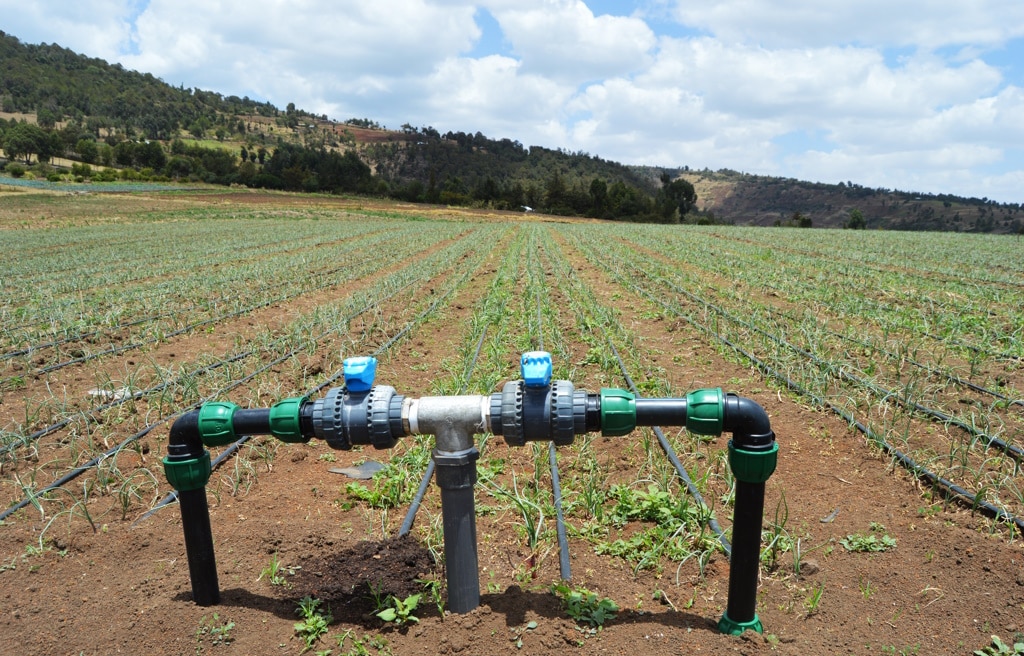In 2023, the World Bank assessed the level of water security in the countries of the Middle East and North Africa (MENA), namely Egypt, Morocco, Tunisia, Iraq, Jordan and Lebanon. Its National Climate and Development Reports (CCDR) show that freshwater is becoming increasingly scarce in these countries. “Climate-related losses in gross domestic product (GDP) are estimated at between 1.1% and 6.6% by 2050. Of course, the impacts vary from one country to another, but these losses can be explained above all by water insecurity”, says the international financial institution chaired by Ajay Banga. While drought exacerbates the scarcity of freshwater, irrational use of the available resource also explains its rapid depletion.
In Tunisia, for example, the World Bank fears that GDP losses due to water shortages could reach 71% by 2050. This would also have an impact on economic growth in the North African country. To avoid the worst, the group is recommending solutions that integrate agricultural and energy issues.
Modernising irrigation systems
In North African countries generally, agriculture is the sector that consumes the most water. In Tunisia, according to the World Bank, irrigation accounts for over 75% of freshwater consumption. This percentage can be reduced, in particular by modernising irrigation systems.
According to Israeli irrigation systems supplier Netafim, which operates in Morocco and Ivory Coast, drip irrigation is known to be the most efficient and sustainable irrigation method, with between 95 and 100% water use efficiency. In comparison, sprinkler systems have a water use efficiency of 80 to 85% and the flooding method only 40 to 50%. As well as rationalising the use of freshwater resources, modern irrigation systems will help to improve agricultural yields. Food security, which is also under threat, will also require a revision of cropping systems, the adoption of drought-tolerant varieties, the promotion of higher value-added crops, and the use of nature-based solutions.
Reuse treated wastewater to preserve fresh water
The World Bank’s other recommendation for alleviating the water crisis in the Mena region is the reuse of treated wastewater from renewable energy sources for irrigation. Accelerating this practice, which is gaining ground in North Africa in particular, will help to conserve freshwater and make it more available to households.
Read Also – MOROCCO: the « Irrisat » programme is launched to optimise irrigation water
Since the 27th United Nations Conference of the Parties on Climate Change (COP27), held in Sharm el-Sheikh, Egypt, where the World Bank pledged to implement the recommendations of its national reports on climate and development, almost $800 million has been mobilised. “This includes $350 million in Morocco, $250 million in Jordan and $200 million in Lebanon to support the recommendations of the CCDRs to combat the growing scarcity of water resources”, says the group, whose headquarters are in Washington, USA.
Inès Magoum
